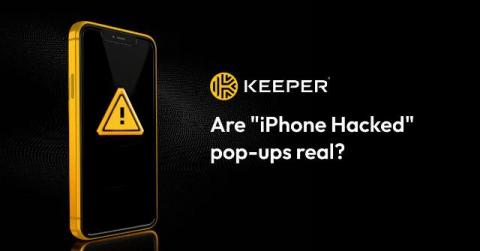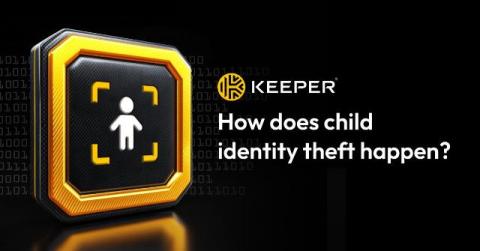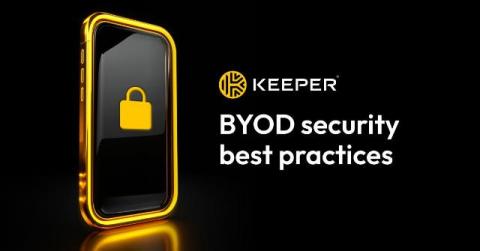Are "iPhone Hacked" Pop-Ups Real?
As you’re browsing the internet on your phone, you encounter a pop-up message saying, “Your iPhone has been hacked!” The message claims your device has been infected with malware. Is this message even real? No, pop-ups claiming that your iPhone has been hacked are not real. These kinds of pop-ups are scams that cybercriminals create intending to scare you into clicking them. After you click on these pop-ups, malware can start downloading on your device.











